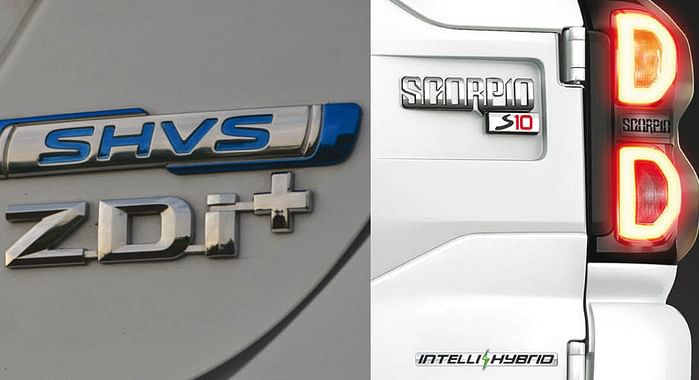Government not keen on plugging into hybrids, full focus on electric mobility
As India drives towards an all-electric vehicle fleet by 2030, eco-friendly hybrids fall by the wayside.
The Indian government is not interested in promoting eco-friendly hybrid cars as it is working solely towards promoting electric vehicles (EVs). The recent decision of the GST Council to increase cess on midsize luxury (large cars and SUVs) cars including hybrids is in line with that.
This can be gleaned from some comments that Piyush Goyal, Minister of State for Power, Coal, New and Renewable Energy and Mines made at an interactive session on ‘GST – The Indian Economy and the Way Ahead’, organised by the FICCI Ladies Organisation (FLO), in New Delhi yesterday.
“The government is working on a road map to ensure an all-electric car fleet in the country as the world is moving towards EVs. Only electric cars by 2030 as existing cars may take a little longer to replace. But the government is working on a framework to see what we can do on promoting EVs. NITI Aayog is currently tasked with preparing a futuristic vision for EVs," said Goyal.
“Hybrid cars reduce fuel consumption a little bit but the future is all electric cars. I had also recommended to the finance minister that it is not advisable for an intermediate technology which reduces the fuel consumption by a little bit but otherwise that is not the future; the future is all electric cars. The companies that are lobbying for hybrid cars are those who don't have EVs. These companies have come to me also to convince not to oppose hybrid cars. The world is moving towards EVs and the country would promote EVs," said Goyal.
Hybrids the big loser in GST era
Hybrid vehicles, which the world over are seen as an intermediary to achieving electric mobility, have come out to be the big losers with a massive 12.7 percent hike in effective tax when GST kicked in on July 1.
In the past, to popularise the fuel-saving technology, the government had set hybrid taxation at 30.3 percent. This rate was lower than even compact petrol vehicles which had an effective rate of 31.5 percent. However, the rule did not differentiate between mild and full hybrids. As a result, mild hybrid cars like the Maruti Ciaz SHVS benefitted massively too, despite a marginal improvement in fuel efficiency.

The government had seen requests from the industry to address the situation, but the mood is now set to promote electric vehicles with its plan to go fully electric by 2030. This plan, drafted by government think-tank NITI Aayog has attracted criticism for being too ambitious and not in tune with realities like the current lack of EVs and charging infrastructure or the wide availability of cleanly generated electricity.
As is known, earlier this year, NITI Aayog revealed what it says is India’s ‘leapfrog’ opportunity to create a shared, electric, and connected mobility future promises to deliver clean, affordable, efficient, and reliable transportation options.
‘India Leaps Ahead: Transformative Mobility Solution’, a joint report produced by NITI Aayog and Rock Mountain Institute, says accelerated adoption of electric and shared vehicles could save $60 billion in diesel and petrol costs while cutting down as much as 1 gigatonne (GT) of carbon emissions for India by 2030.
Also read: Hybrids exempt from Britain's petrol and diesel car ban
RELATED ARTICLES
Maruti's Kharkhoda Plant construction in full swing
Maruti Suzuki has proposed to spend more than Rs 7,000 crore for the construction and commissioning of this plant which ...
July 2024 From R&D incentives to EV infrastructure: What auto components industry expects from Budget 2024
July 2024 From R&D incentives to EV infrastructure: What auto components industry expects from Budget 2024
Vemuri Young Artist from India Recognized as one of the Winners at 16th Global Toyota Dream Car Art Contest
Vemuri Young Artist from India Recognized as one of the Winners at 16th Global Toyota Dream Car Art Contest






 By Autocar Pro News Desk
By Autocar Pro News Desk
 09 Aug 2017
09 Aug 2017
 4366 Views
4366 Views









